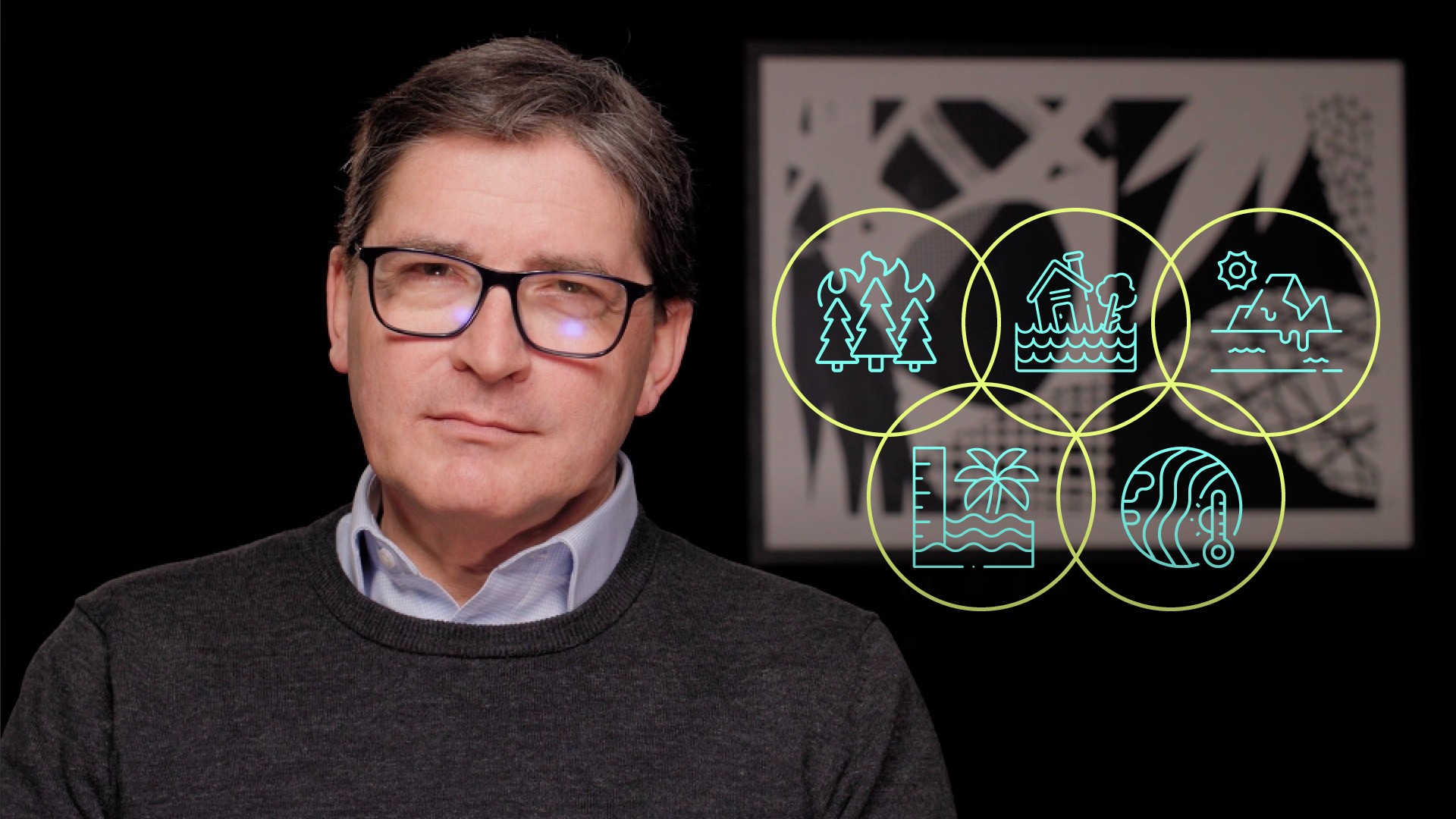
Why Greenwashing Became a Problem

Roger Miles
25 years: Behavoural science & conduct
In this two-part video, Roger explores the concept of "greenwashing." First, what does it mean, and where does this idea belong in the current landscape of expectations around what constitutes good business practices and environmentally friendly operations.
In this two-part video, Roger explores the concept of "greenwashing." First, what does it mean, and where does this idea belong in the current landscape of expectations around what constitutes good business practices and environmentally friendly operations.
Subscribe to watch
Access this and all of the content on our platform by signing up for a 7-day free trial.

Why Greenwashing Became a Problem
8 mins 58 secs
Key learning objectives:
Understand and define the term ‘greenwashing’
Recognise environmentally friendly operations and good business practice
Identify the mistakes businesses make in relation to greenwashing
Overview:
The current landscape of expectations around environmentally and socially acceptable practice are now extremely high. Businesses are highly exposed if they fail to meet the standards expected of them by their stakeholders. Mistakes are often made when the company ‘story’ of their good intentions jumps ahead of their actions.
Subscribe to watch
Access this and all of the content on our platform by signing up for a 7-day free trial.
How are governments and regulators responding to the sharp increase in public concerns around ESG practice?
Governments and regulators are introducing new ESG-related standards that will assess how organisations engage with their ESG responsibilities. There is a strong focus on identifying and tackling ‘bad behaviour’, particularly among companies making claims of ESG compliance when their organisation does not act responsibly. In some countries, laws have been implemented to prevent organisations from actively deceiving the public and stakeholders about their ESG credentials.
How does the World Economic Forum define greenwashing?
Greenwashing is a corporate behaviour defined by the World Economic Forum (WEF) as “exaggerating green credentials, and/or portraying products, activities or policies as producing positive environmental outcomes, when this is not the case”.
Why is a ‘green valuation bubble’ a real risk for investors?
In financial markets, professional investors have noted that if the value of a business is overstated because of false ESG claims, that’s likely to inflate a ‘green valuation bubble’, risking a market crash when the bubble bursts. This group of stakeholders therefore has a sound practical and commercial reason for checking on ESG honesty. Independent research suggests that more than half of investment firms who claim to be ‘climate positive’, don’t in fact comply with ESG standards.
How is the Sustainable Finance Disclosure Regulation (SFDR) helping to demystify which businesses are actually complying with ESG standards?
The European Union has introduced rules that force firms to disclose the social and environmental impact of their activities. This regulation is called the Sustainable Finance Disclosure Regulation, or SFDR. SFDR compels professional investors to report plainly on how well, or how badly, their investee businesses meet ESG standards.
Subscribe to watch
Access this and all of the content on our platform by signing up for a 7-day free trial.

Roger Miles
There are no available Videos from "Roger Miles"





























